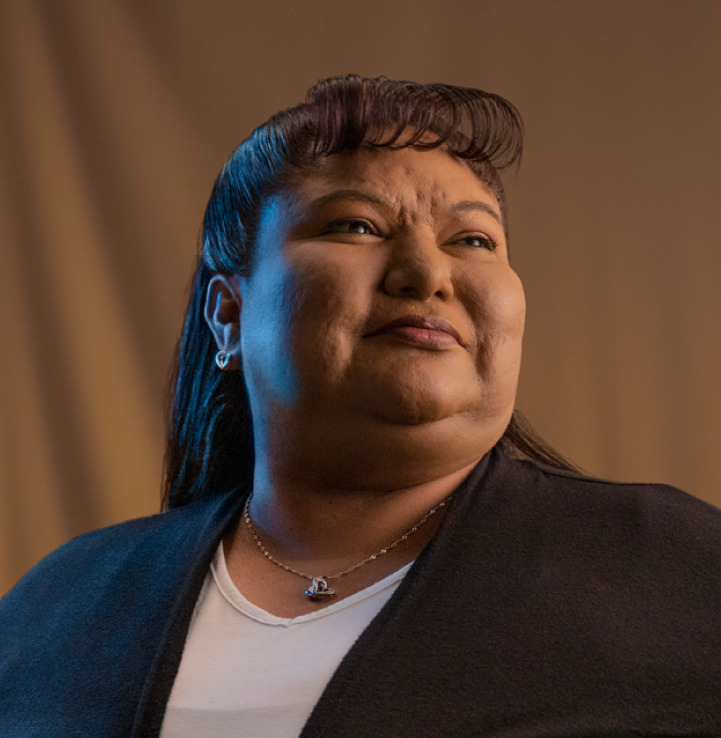To support someone struggling with addiction, or someone in recovery, remove judgment and stigma from your relationship. The road to recovery from a substance use disorder takes strength and support. Here are four key steps to reducing stigma so you can support someone who is seeking recovery:
- Use person-first language. Person-first language emphasizes the individuality and dignity of someone, putting the person before their diagnosis. It’s important to be intentional about the words we use when talking about addiction, also known as substance use disorder, and recovery. Even common terms can make stigma stronger. To learn more about person-first language and the terms you should be using, visit our person-first language page.
- Be an ally. Provide support and make sure they know you’re there for them and love them—adopt a non-judgmental tone and approach. You can find free Recovery Cards to show your support.
- Learn about substance use disorder and treatment options. You can find treatment near you here and information on financial options for treatment here.
- Remember that substance use disorders are treatable, and that recovery is always possible. Your support and compassion can make a huge difference in someone accessing treatment and finding recovery.
- Support yourself while you are supporting them. Community Reinforcement & Family Training (CRAFT) is program for family members and friends with loved ones struggling with addiction or who are in recovery. It helps to improve communication skills and aims to reduce harmful substance use.
Supporting someone who is struggling with addiction means helping them where you can while also continuing to take care of yourself. You’re not alone, many other people in your community have helped someone find treatment and/or supported someone in their recovery.
Learn about treatment resources.
Carry naloxone
- Prepare yourself and your loved one by ensuring you both have naloxone, which reverses the effects of an opioid overdose. Carrying naloxone is important and can save a life.
- It can be found at many pharmacies, often without a prescription.
- NARCAN® naloxone nasal spray can now be found over-the-counter in stores.
Offer accountability and emotional support, including:
- Help them talk through what they want to talk about with their doctor, including asking about medications that might be available for treatment
- Go with them to pick up prescriptions
- Give them a ride to treatment
- Help them find financial support and/or payment options
- Offer to help provide care for children or pets while they receive treatment
Set boundaries around what you will and not support, and stick to them to ensure you’re doing what’s best for yourself, along with your loved one. Take care of yourself and your well-being.
- CRAFT Support Groups
- Community Reinforcement & Family Training (CRAFT) is an evidence-based program for family members with loved ones struggling with addiction or who are in recovery.
- Family Resources
- Understand how family can be an essential part of supporting treatment and recovery.
Recovery is a journey that lasts a lifetime and it looks different for everyone. Supporting someone in recovery is just as important as supporting them while they are experiencing addiction.
In addition to emotional support and encouragement, you can always ask someone what type of support they find most helpful. If you’re concerned they might be experiencing recurrence of use, meaning they are using substances again after a period of not using substances, remember, it’s important to remain supportive and non-judgmental. Below are signs of recurrence:
- Change in attitude
- Elevated stress
- Denial that they are using substances
- Signs of withdrawal
- Behavior changes
- Decreased social activities
- Loss of structure
- Loss of judgment
- Loss of control
Recurrence of use is normal for those in recovery and can put people at a higher risk of overdose if they are using substances. You can also support them by carrying naloxone, especially during a recurrence of use, providing them the opportunity to continue in their recovery.



